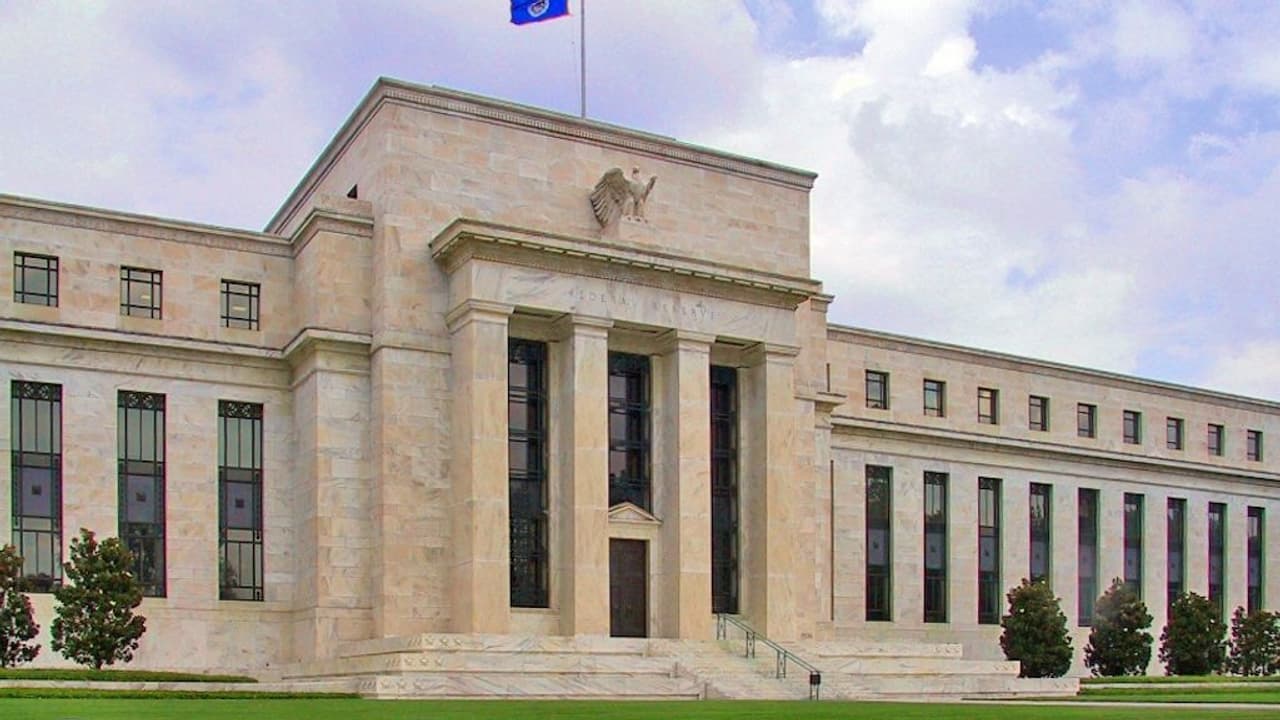Barkin also indicated that businesses are worried about a potential rise in inflation in the wake of President-elect Donald Trump’s potential policies on tariffs and mass deportations
Richmond Federal Reserve President Thomas Barkin reportedly said that the U.S. is more vulnerable to inflationary shocks compared to the past with businesses ready to tackle increased protectionism and readily passing on costs to consumers.

“We’re somewhat more vulnerable to cost shocks on the inflation side, whether they be wage-[related] or otherwise, than we might have been five years ago,” he told the Financial Times.
Barkin also indicated that businesses are worried about a potential rise in inflation in the wake of President-elect Donald Trump’s potential policies on tariffs and mass deportations. “I can see why the businesses think that,” Barkin said while also acknowledging that Trump’s policies on hiking domestic energy production could be disinflationary.
The Richmond Fed President also said he does not intend to prejudge December’s policy decision but that a lot would depend on the incoming data.
“If you’ve got inflation staying above our target, that makes the case to be careful about reducing rates,” Barkin said. “If you’ve got unemployment accelerating, that makes the case to be more forward-leaning.”
U.S. inflation witnessed an uptick in October but still remained in line with Wall Street estimates. According to the Bureau of Labor Statistics, the consumer price index (CPI) increased 0.2% on a seasonally adjusted basis in October, recording the same increase as in each of the previous three months.
The 12-month inflation rate rose 2.6%, 0.2 percentage points higher than September, partly due to the base effect, i.e. lower inflation a year ago. Meanwhile, core CPI, which excludes food and energy, rose 0.3% in October and gained 3.3% for the 12-month period.
Meanwhile, the markets traded mixed on Thursday. The SPDR S&P 500 ETF Trust (SPY) traded in the green while the Invesco QQQ Trust, Series 1 (QQQ) was trading in the red. On Stocktwits, retail sentiment ranged from ‘neutral’ to ‘bearish’ territories for these ETFs.


